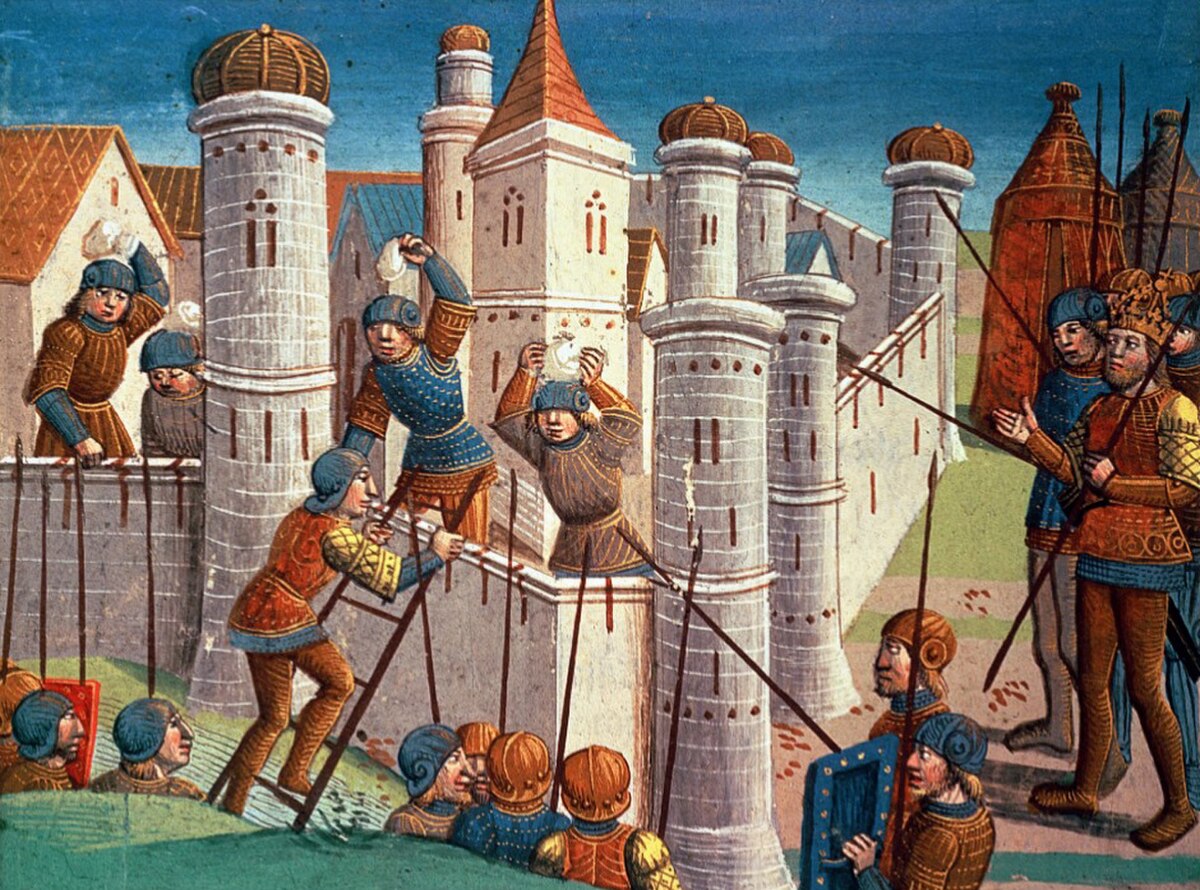
Truce of Calais
Calais, FranceThe Truce of Calais was a truce agreed by King Edward III of England and King Philip VI of France on 28 September 1347, which was mediated by emissaries of Pope Clement VI. Both countries were financially and militarily exhausted and two cardinals acting for Pope Clement were able to broker a truce in a series of negotiations outside Calais. This was signed on 28 September to run until 7 July 1348.
Edward suggested extending the truce in May 1348, but Philip was keen to campaign. However, the effects of the Black Death, which spread to both kingdoms in 1348, caused the truce to be renewed in 1348, 1349 and 1350. While the truce was in effect neither country campaigned with a full field army, but it did not stop repeated naval clashes nor fighting in Gascony and Brittany. Philip died on 22 August 1350 and it was unclear whether the truce then lapsed, as it had been signed on his personal authority. His son and successor, John II, took to the field with a large army in south-west France. Once this campaign was successfully completed John authorised the renewal of the truce for one year to 10 September 1352. English adventurers seized the strategically located town of Guînes in January 1352, causing full-scale fighting to break out again, which went badly for the French.
